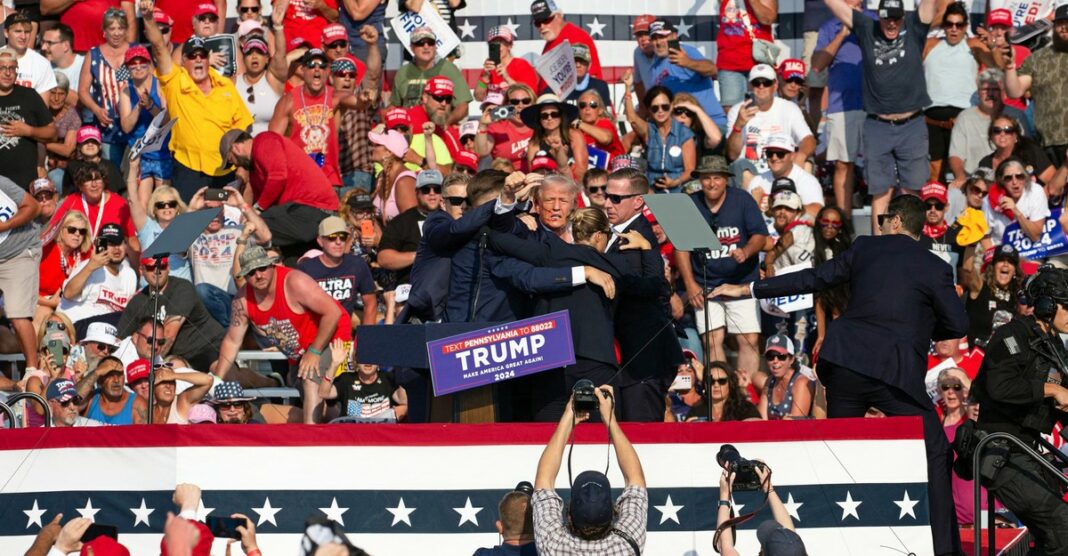A Failure of Security and Democracy
Introduction
Security and democracy are two pillars of a stable and functioning society. However, when these two elements fail to work together, the consequences can be dire. In recent years, we have seen numerous instances where security measures have infringed upon democratic rights, leading to a breakdown of trust and accountability. This article will explore the ways in which a failure of security can undermine democracy and the implications this has for society as a whole.
The Clash Between Security and Democracy
In a perfect world, security and democracy should work in harmony to protect the rights and freedoms of citizens while also ensuring their safety. However, we often see these two principles come into conflict when security measures are implemented in the name of safety and protection. This clash can be seen in various forms, such as increased surveillance, censorship, and restrictions on free speech. While these measures may be justified in the name of national security, they can also erode the very foundations of democracy.
Surveillance and Privacy Concerns
One of the most contentious issues in the debate between security and democracy is the use of surveillance technologies. While surveillance can be an effective tool for preventing crime and terrorism, it also raises serious concerns about privacy and civil liberties. In recent years, we have seen a proliferation of surveillance cameras, facial recognition technology, and data collection practices that have the potential to infringe upon individual rights. When these technologies are used without proper oversight and accountability, they can undermine the very principles of democracy that they are meant to protect.
Censorship and Freedom of Speech
Another area where security and democracy collide is in the realm of censorship and freedom of speech. In the name of national security, governments may impose restrictions on what can be said or published, leading to a chilling effect on free expression. While some may argue that these measures are necessary to prevent the spread of harmful or extremist ideologies, they can also silence legitimate dissent and stifle debate. Without the ability to freely express opinions and ideas, democracy loses its vitality and becomes vulnerable to authoritarianism.
The Implications of a Failure of Security and Democracy
When security measures undermine democratic principles, the implications for society can be profound. A society that operates under constant surveillance and censorship is not truly free, and its citizens may live in fear of reprisal for speaking out against the government. Trust in institutions erodes, as people feel that their rights are being violated and their voices silenced. In such an environment, democratic norms and values begin to wither, and authoritarianism can take root.
Conclusion
In conclusion, a failure of security can have serious consequences for democracy. When security measures infringe upon individual rights and freedoms, the very foundations of democracy are threatened. It is essential that we find a balance between security and democracy, ensuring that measures taken to protect the safety of citizens do not come at the expense of their rights and liberties. By upholding democratic values and principles, we can create a society that is truly secure and free.
FAQs
What can be done to prevent a failure of security and democracy?
To prevent a failure of security and democracy, it is important to have strong oversight and accountability mechanisms in place for security measures. This includes ensuring that surveillance technologies are used responsibly, and that censorship is not used to silence dissenting voices. Additionally, it is crucial to uphold democratic values and principles, even in the face of security threats.
How can individuals protect their rights in the face of increasing security measures?
Individuals can protect their rights by staying informed about the laws and policies that govern security measures in their society. They can also advocate for transparency and accountability in how these measures are implemented. By staying vigilant and active in defense of their rights, individuals can help prevent a failure of security and democracy.




